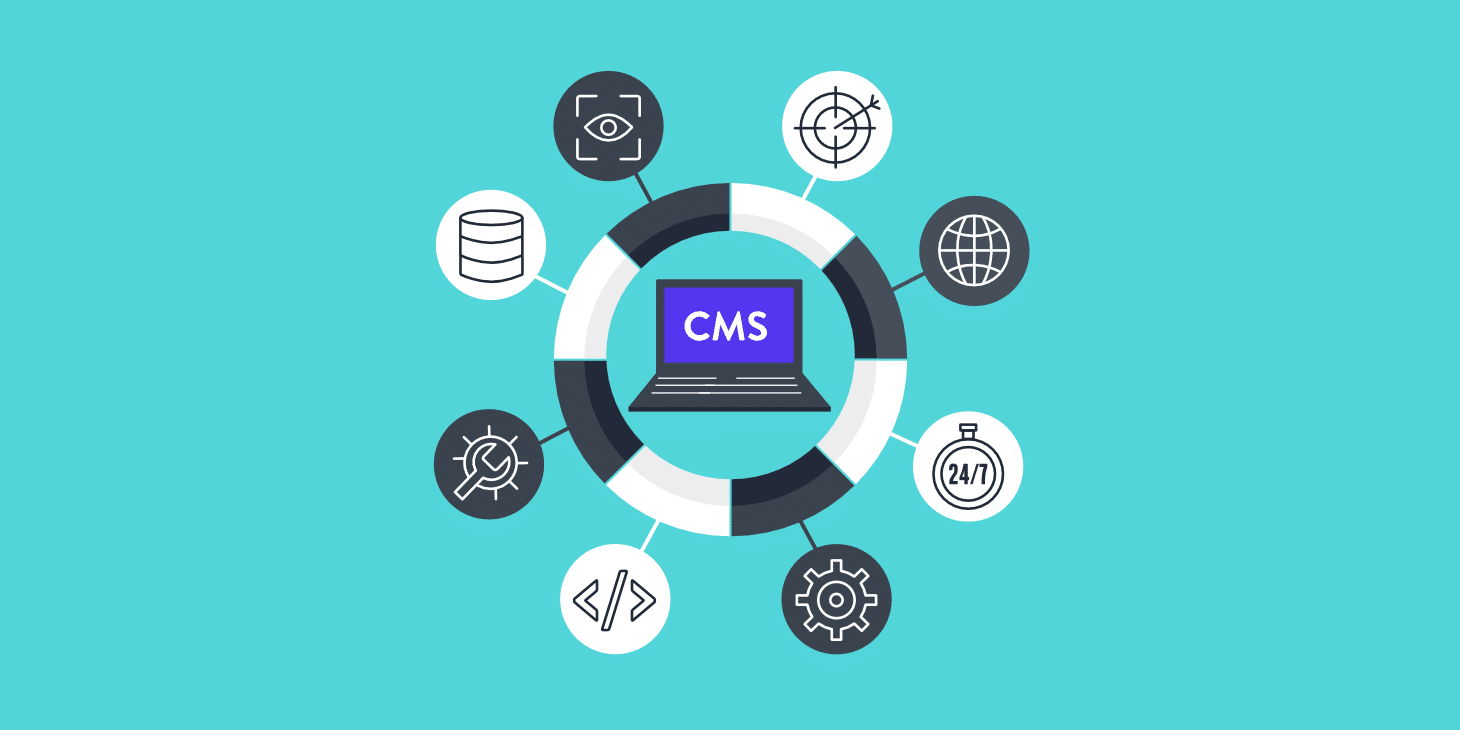A content management service (CMS) helps companies manage digital content. Whole teams can use these systems to create, edit, organize, and publish content. It acts as a single place to store content and provides automated processes for collaborative digital content management and creation using built-in (or designed) workflows. Different privileges and responsibilities are provided to individuals based on roles. For example, authors can post and save their work, but editors can modify and publish it. Administrators can do all these things as well as grant other people in the organization permission to update or revise content.
A CMS helps create and manage websites and website content using minimal technical overhead, so you can make better content instead of acting as a project or traffic manager. By providing an easy and cost-effective solution for content management, a CMS allows companies to manage and distribute their content without investing in a full-time content development team.

Content Management :-
- Content creation allows users to easily create and format content
- Content storage stores content in one place, in a consistent fashion
- Workflows assigns permissions for managing content based on roles such as authors, editors and admins
- Publishing tells the software when and where the content should go live
- Optimization helps you improve digital experience and learn from your content
